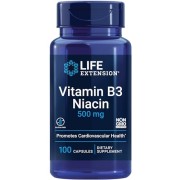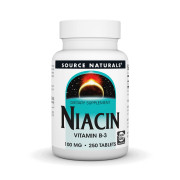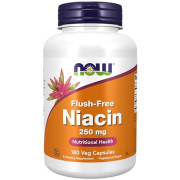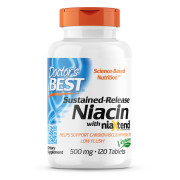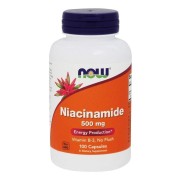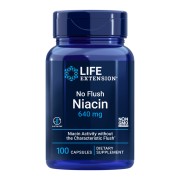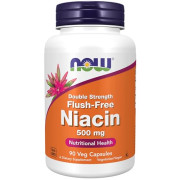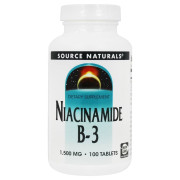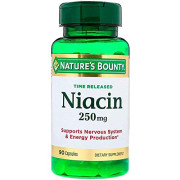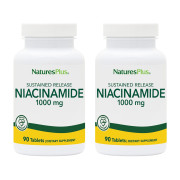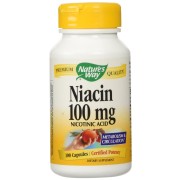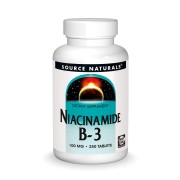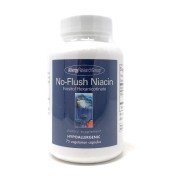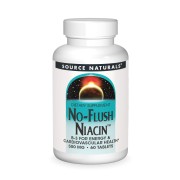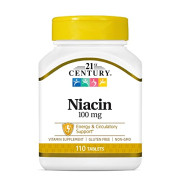-
0
-
0
-
0
-
0
-
0
-
0
-
0
-
0
-
0
-
0
-
0
-
0
-
0
-
0
-
0
-
0
-
0
Best vitamin b3 niacin products
popular supplements
Popular Vitamin B3 Niacin health topics
Cardiovascular Health
![tooltip__img]()
![icon-collection]() Cardiovascular Health
Cardiovascular Health

- Butcher's Broom
- Nattokinase
- Coenzyme Q10
- Omega 3 Fish Oil
- Vitamin D
- Hesperidin
- Red Yeast Rice
- Horse Chestnut
- Policosanols
- Garlic
- Gamma Oryzanol
- Magnesium
- Nopal (Prickly Pear)
- Resveratrol
- Psyllium Husk
- Krill Oil
- Citrulline Malate
- Glycine
- 5-HTP
- Whey Protein
- L-Arginine
- Skullcap
- Safflower Oil
- L-Taurine
- Curcumin
- Vitamin B3 Niacin
- Alpha Lipoic Acid
- Grape Seed Extract
- Pycnogenol
- Green Coffee Bean Extract
- Astragalus
- Olive Leaf
- Ashwagandha
- Potassium
- Spirulina
- Berberine
- Horny Goat Weed
- Beet
Chronic Fatigue Syndrome (CFS)
![tooltip__img]()
![icon-collection]() Chronic Fatigue Syndrome (CFS)
Chronic Fatigue Syndrome (CFS)

- Magnesium
- Omega 3 Fish Oil
- NADH
- DHEA
- Vitamin B12
- L-Carnitine
- Acetyl L-Carnitine
- Vitamin D
- Greens & Superfood Blends
- Ginseng
- Echinacea
- Licorice Root
- Ginkgo Biloba
- Coenzyme Q10
- Vitamin B3 Niacin
- Quercetin
- Malic Acid
- Astragalus
- Evening Primrose Oil
- Multivitamins
- Folic Acid
- Melatonin
- Valerian Root
- L-Lysine
- Cocoa Powder
- Creatine Monohydrate
- Vitamin B1 (Thiamin)
- Beta Carotene
- Vitamin C
Cholesterol
![tooltip__img]()
![icon-collection]() Cholesterol
Cholesterol

- Vitamin B3 Niacin
- Fiber
- Psyllium Husk
- Garlic
- Red Yeast Rice
- Ginger
- Flax Seed
- Omega 3 Fish Oil
- Policosanols
- Amla
- Chromium
- Red Clover
- Berberine
- Black Seed
- Grape Seed Extract
- Olive Leaf
- Royal Jelly
- Spirulina
- Betaine HCL (TMG)
- Ashwagandha
- Artichoke
- DHEA
- Guggul
- HMB
- Inositol
- Yerba Mate
- Quercetin
- Pycnogenol
- MCT Oil
- Chaga
- Coffee
Skin Health
![tooltip__img]()
![icon-collection]() Skin Health
Skin Health

- MSM
- DMAE
- Jojoba
- Biotin
- Vitamin A
- Type II Collagen
- Vitamin B3 Niacin
- Astaxanthin
- Omega 3 Fish Oil
- Vitamin B5 PANTOTHENIC ACID
- Vitamin C
- Gotu Kola
- Vitamin E
- Vitamin E Oils
- Vitamin B6
- Vitamin B12
- Zinc
- Pycnogenol
- Amla
- Krill Oil
- Milk Thistle
- Coconut Oil
- Alpha Lipoic Acid
- Holy Basil (Tulsi)
- Turmeric
- Curcumin
- Selenium
- Olive Leaf
- Gamma Oryzanol
- Evening Primrose Oil


